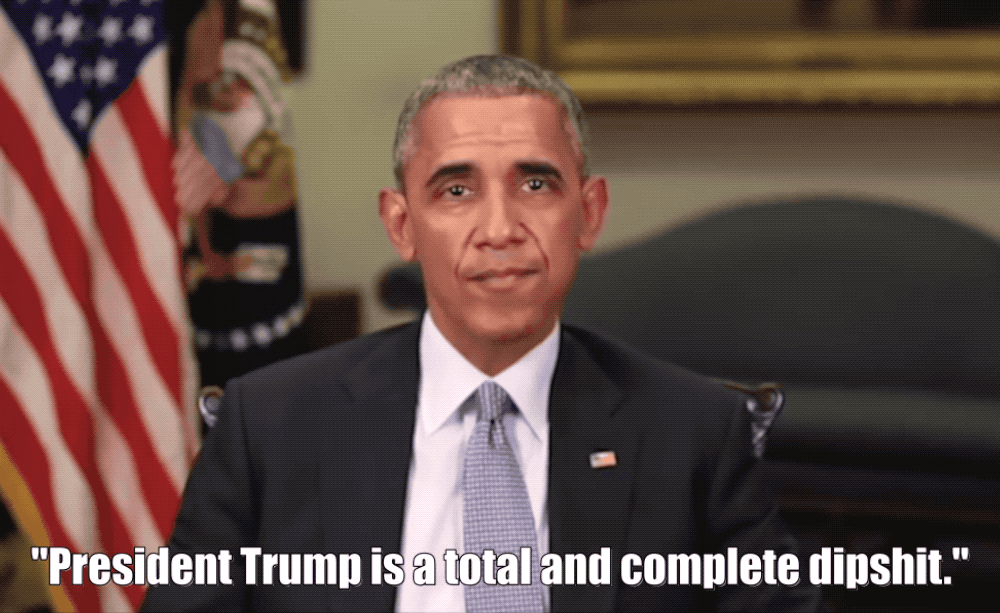INSUBCONTINENT EXCLUSIVE:
What once sounded like science fiction is now a reality: creating almost-perfectly faked videos of people saying things they never
did.
Surprise: Now they&re a reality, thanks to modern computing power and the power to instantly share it on the world social stage.
But
United States lawmakers are worried that these faked videos could be used by the enemy to harm national security.
If you&re unaware, &deep
fakes& are digitally manipulated videos — which, using existing footage mixed with artificial intelligence and machine learning, can be
made to look like, or close to, the real thing.
Unsurprisingly, one of the first uses of deep fake videos was for porn — by superimposing
faces onto others.
But now, lawmakers think that deep fakes could be used as part of wider disinformation campaigns — known to be a tactic
of adversarial nation states like Russia — in an effort to sway elections or spread false news.
Deep fakes could become a potent tool for
hostile powers seeking to spread misinformation,& said Rep
Adam Schiff, the ranking Democrat on the House Intelligence Committee, in a letter to Dan Coats, director of national intelligence.
As deep
fake technology becomes more advanced and more accessible, it could pose a threat to United States public discourse and national security,
with broad and concerning implications for offensive active measures campaigns targeting the United States,& said the letter, co-signed by
Stephanie Murphy (D-FL) and Carlos Curbelo (R-FL).
The lawmakers have a point
In recent years, disinformation has risen and was a major factor in the meddling during the 2016 presidential election
Now, instead of false and misleading news, it is fake videos of politicians throwing shade at their rivals — or worse.
Take this deep fake
video — created by BuzzFeed Newsof what appears to be former President Obama calling President Trump a &dipshit& — to show how easy it
is.
A deep fake video created by BuzzFeed News to show how easy it is to create false and misleading videos.
What might be good fun on one
hand, on the other could have a major effect on those who are none the wiser.
Schiff, Murphy and Curbelo want the director of national
intelligence — who oversees the nation intelligence community — to report back on its assessment of how deep fake technology could harm
national security interests, and if there are countermeasures to protect against foreign influence — and their limitations.
The DNI office
was asked to report back to Congress by mid-December.
ODNI spokesperson Charles Carithers told TechCrunch: &We have received the letter and
Schiff, Murphy and Curbelo.

